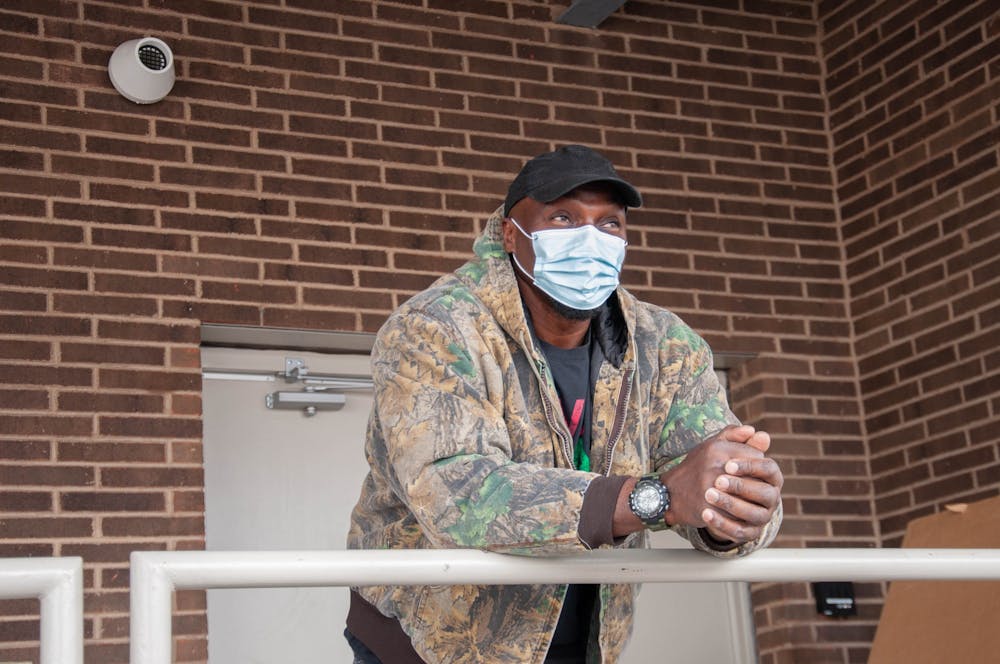The Inter-Faith Council for Social Service, the largest provider of social safety net services in Orange County, opened the doors of a new 16,000+ sq. ft. facility in late January. The new Carrboro building replaces the organization's former, smaller building in the same location.
The IFC Commons, funded through a $6 million capital campaign of more than 700 individuals and organizations, was designed by Jim Spencer Architects. The group also helped design the IFC’s 16,500 sq. ft. local shelter for men, Community House, which was built in 2015 and funded through a separate, nearly $6 million capital campaign.
Jennifer Gill, development and communications director for the IFC, said the new design incorporates natural light, open space and uplifting artwork, reflecting its intent to provide a welcoming community space for Orange County residents in need.
IFC Commons marks the first time in the organization’s 57-year history that all of the IFC’s major non-shelter programs, like the community market and community kitchen, as well as staff offices, will be in one building. Other programs run by the IFC include HomeStart shelter for women and families.
“This building was made possible by the generosity of the community, and we want it to be a space where anyone is welcome,” Gill said.
'Built for the purposes it serves'
A main goal of the design was to provide a space that effectively facilitates the organization's programs, which are aimed at alleviating and addressing the root causes of poverty.
Features of the new building include a second-floor outdoor terrace and community room with computers and telephones available for public use. People without internet or phone access can use the computers to apply for jobs, print official documents and more. There are also lockers to keep personal belongings.
Down the hallway is the dining room and kitchen, which serves hot meals 365 days a year. The new kitchen space is bigger than its old location at Chapel Hill's Old Town Hall — where for the 30 years it served meals to residents, there was often a line out the door.



